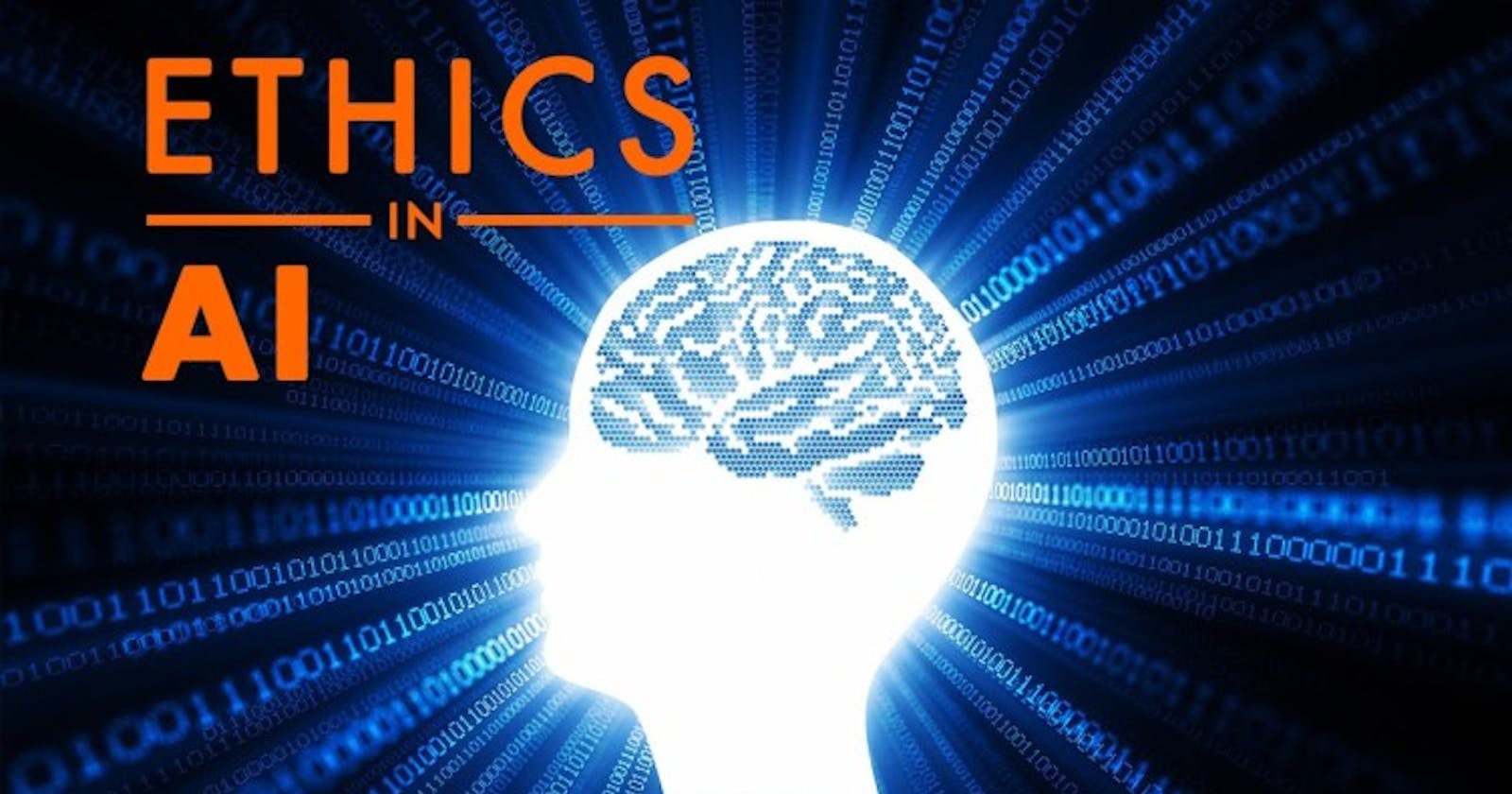Hey, how is your progress going on?
Thank you for your support! I think You are doing well now. this is article #5 of my newsletter. In the previous one, I talked about "Mojo" clearly. If you missed it don't worry. Read this article first and then you can read that which is in my profile.
Artificial Intelligence (AI) is transforming the world in remarkable ways, from improving medical diagnosis to enabling autonomous vehicles. As AI continues to advance, it raises many ethical concerns. Who is responsible if an AI system causes harm? How can we prevent biases in AI algorithms? In this newsletter, we will explore these ethical issues and discuss how individuals and organizations can approach the development and deployment of AI responsibly and ethically.
The Responsibility of AI Developers
Developing AI systems is a complex process that involves multiple stakeholders. It is the responsibility of AI developers to ensure that their systems are safe, secure, and ethical. Developers must ensure that their AI systems are transparent and explainable, meaning that they can be understood by both technical and non-technical people. They must also ensure that their systems are free of biases and that they do not discriminate against any group of people.
One way to promote ethical AI development is to establish guidelines and regulations. Many countries, including the United States and the European Union, have started to develop regulations to govern the development and use of AI. These regulations aim to ensure that AI is developed and used responsibly and ethically.
The Ethical Use of AI
Once an AI system is developed, it must be used ethically. This means that the impact of the AI system on society and the environment must be taken into account. For example, an AI system used to automate a factory may lead to job losses for workers. It is the responsibility of the organization to use the AI system to ensure that the impact on workers is minimized and that they are provided with new opportunities.
Another ethical issue related to AI is the potential for bias in AI algorithms. AI systems are only as unbiased as the data they are trained on. If the data is biased, then the AI system will also be biased. For example, if an AI system is trained on data that is predominantly from one race, it may not be able to accurately identify members of other races. To prevent bias in AI algorithms, it is essential to ensure that the data used to train the AI system is diverse and representative.
The Impact of AI on Jobs
One of the most significant ethical issues related to AI is the impact it may have on jobs. AI has the potential to automate many jobs, leading to job losses and economic disruption. While some jobs may be replaced by AI, new jobs will also be created. It is the responsibility of governments and organizations to ensure that workers are provided with new opportunities and training to adapt to the changing job market.
Conclusion
In conclusion, AI is transforming the world in remarkable ways, but it also raises many ethical concerns. It is the responsibility of AI developers, organizations, and governments to ensure that AI is developed and used responsibly and ethically. This includes ensuring that AI systems are transparent, free of bias, and do not cause harm.
That's about it for this article.
I am always interested and eager to connect with like-minded people and explore new opportunities. Feel free to follow, connect and interact with me on LinkedIn, Twitter, and Youtube. My social media--- click here You can also reach out to me on my social media handles. I am here to help you. Ask me any doubts regarding AI and your career.
Thank you for joining us in this exploration of assembly language in AI development. Thank you for reading our article. We hope you found it informative and insightful.
Wishing you good health and a prosperous journey into the world of AI!
Best regards,


